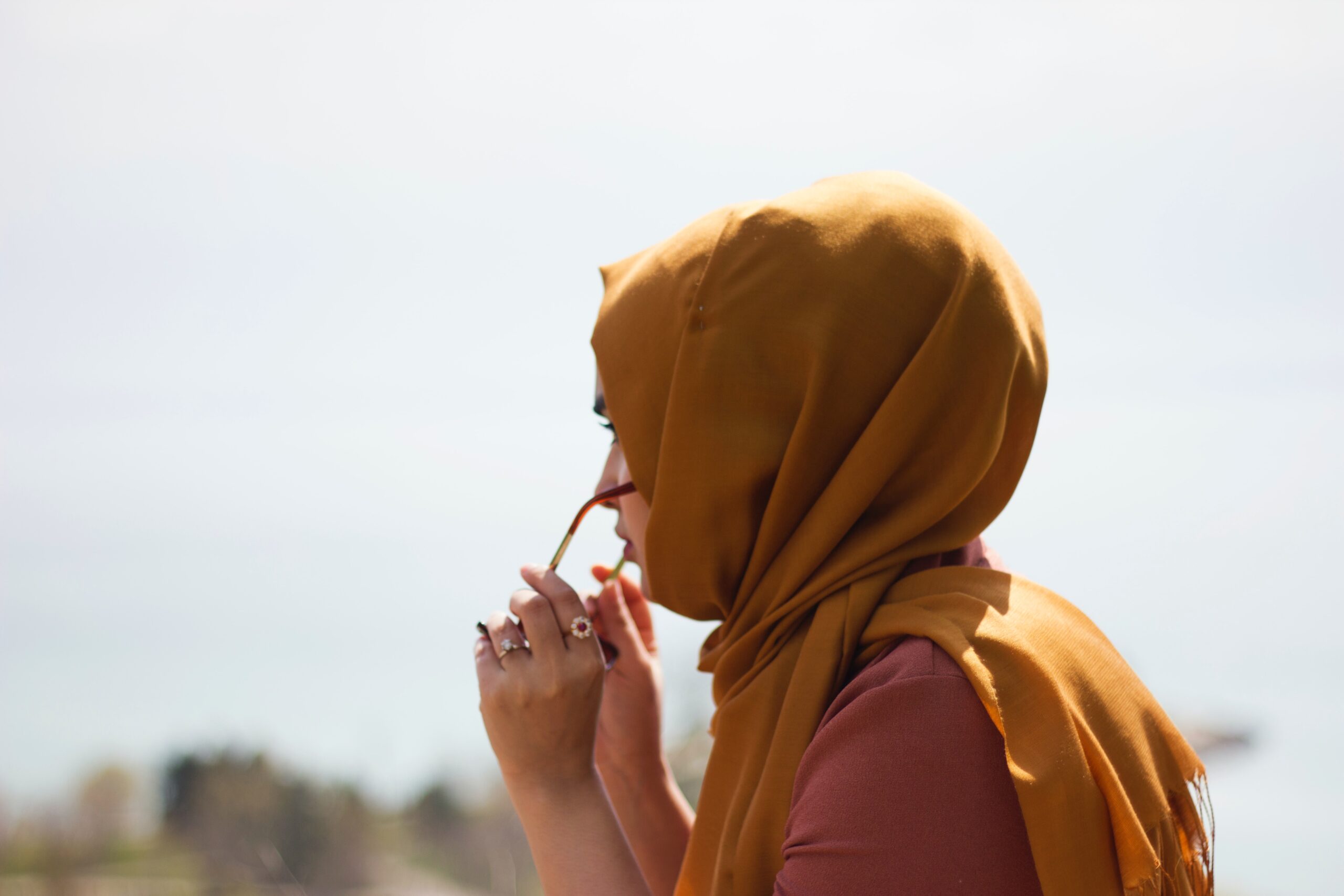
Kazakhstan announces ban on hijabs in schools
The government of Kazakhstan has announced a ban on wearing the hijab, a headscarf worn by some Muslim women, in schools and other educational institutions. The decision has sparked a fierce debate in the Central Asian country, where nearly 70% of the population identifies as Muslim.
According to a statement on the government’s website, the ban is aimed at preserving secularism and preventing the propagation of any religious dogma in schools. The statement also says that the ban applies to both students and teachers, but not outside of schools.
The ban has been met with resistance from some segments of society, who view it as a violation of their freedom of conscience and religious rights. Some girls have reportedly dropped out of school in protest, while others have staged flash mobs and social media campaigns to express their discontent. In some cases, school officials have been assaulted by angry parents or relatives for enforcing the ban.
The president of Kazakhstan, Kassym-Jomart Tokayev, has defended the ban, saying that it is in line with the country’s secular principles and constitution. He said that school is a place for acquiring knowledge, not for displaying religious symbols. He also said that children should decide for themselves what to wear when they grow up and develop their own worldview.
However, some critics have argued that the ban is illegal and discriminatory, as it targets a specific group of people and creates a form of segregation. They have also questioned the necessity and effectiveness of the ban, saying that it does not address the root causes of radicalization or extremism, but rather alienates and marginalizes those who wear the hijab as a cultural or personal choice.
Some religious leaders have suggested a compromise, proposing that girls who want to wear the hijab should attend madrassas, or Islamic schools, from the 10th grade onward. However, this option is not available for all regions or families, and may also reinforce the separation between secular and religious education.
The hijab ban is not a new issue in Kazakhstan, as it has been debated and implemented in various forms since 2016. However, it has gained renewed attention and controversy in recent months, as the government has intensified its efforts to enforce it across the country. The ban reflects the complex and delicate balance between secularism and religious freedom in Kazakhstan, a former Soviet republic that is home to diverse ethnic and religious groups.

